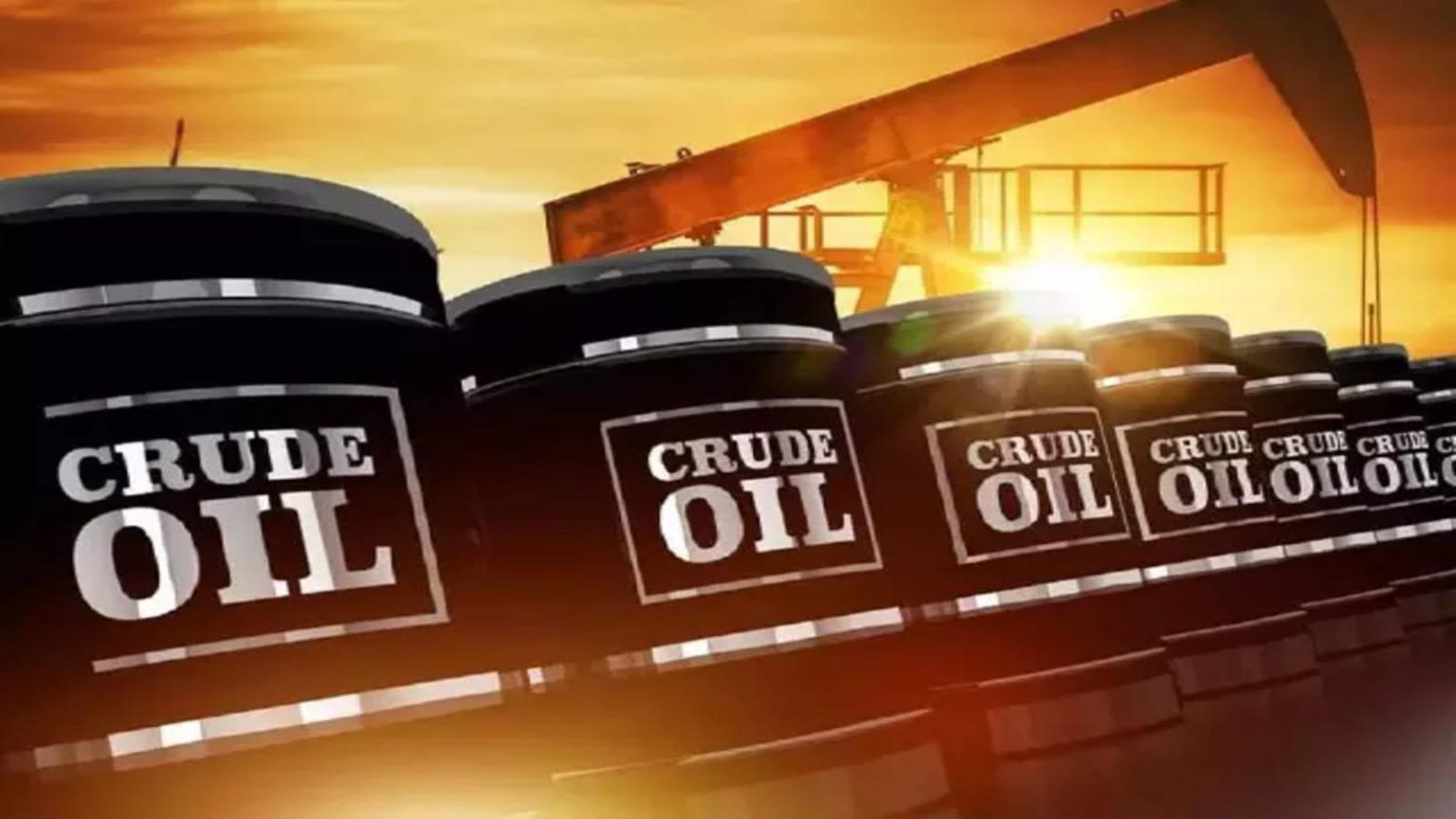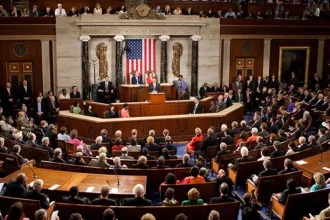The global market decline in oil prices potentially delivered considerable economic relief to Pakistan, estimated to be between $3.0 and $3.5 billion.
According to the research report “A Path to Growth amidst Challenges” by investment advisory outlet Alpha Beta Core, crude oil prices have dropped to a three-year low, falling below $70 per barrel. Projections suggest they could dip further to around $60 per barrel by 2025. This decline is expected to benefit Pakistan’s economy substantially.
The reduced cost of energy imports could alleviate inflationary pressures and improve the trade deficit, as energy imports comprise about 31% of Pakistan’s total imports for the fiscal year 2024. Additionally, lower energy costs may increase the competitiveness of Pakistani exports by decreasing production costs, which could enhance export performance.
The report also highlights a concurrent decrease in borrowing costs, with the Central Bank cutting the policy rate from 22% to 17.5%, and further reductions are expected. Reducing energy and capital costs could drive business investments, stimulate economic activity, and potentially help GDP growth exceed the projected 3.5% for FY25, particularly benefiting the manufacturing sector.
These positive developments could support fiscal stability, with the current account deficit expected to remain manageable at around 1.5% of GDP. Improved economic conditions have led credit rating agencies like Fitch and Moody’s to upgrade Pakistan’s economic outlook, thereby boosting investor confidence.
The continued drop in global oil prices offers a unique opportunity for Pakistan to realign its economic strategies towards growth, with policymakers encouraged to implement structural reforms to ensure sustained economic benefits.
Furthermore, the decline in oil prices will likely enhance the government’s fiscal flexibility. As energy costs decrease, the government could see reduced interest payments, potentially lowering the budget deficit to under 6.0% of GDP by FY25.






